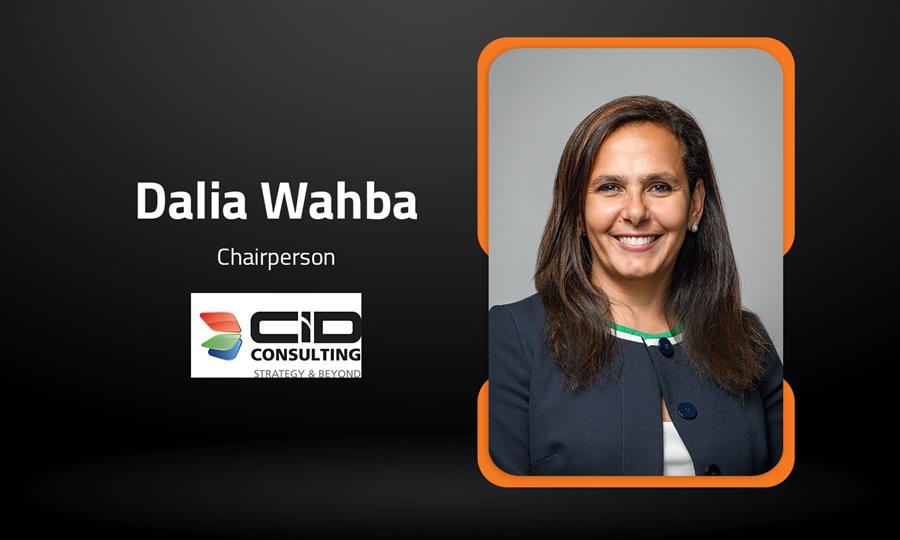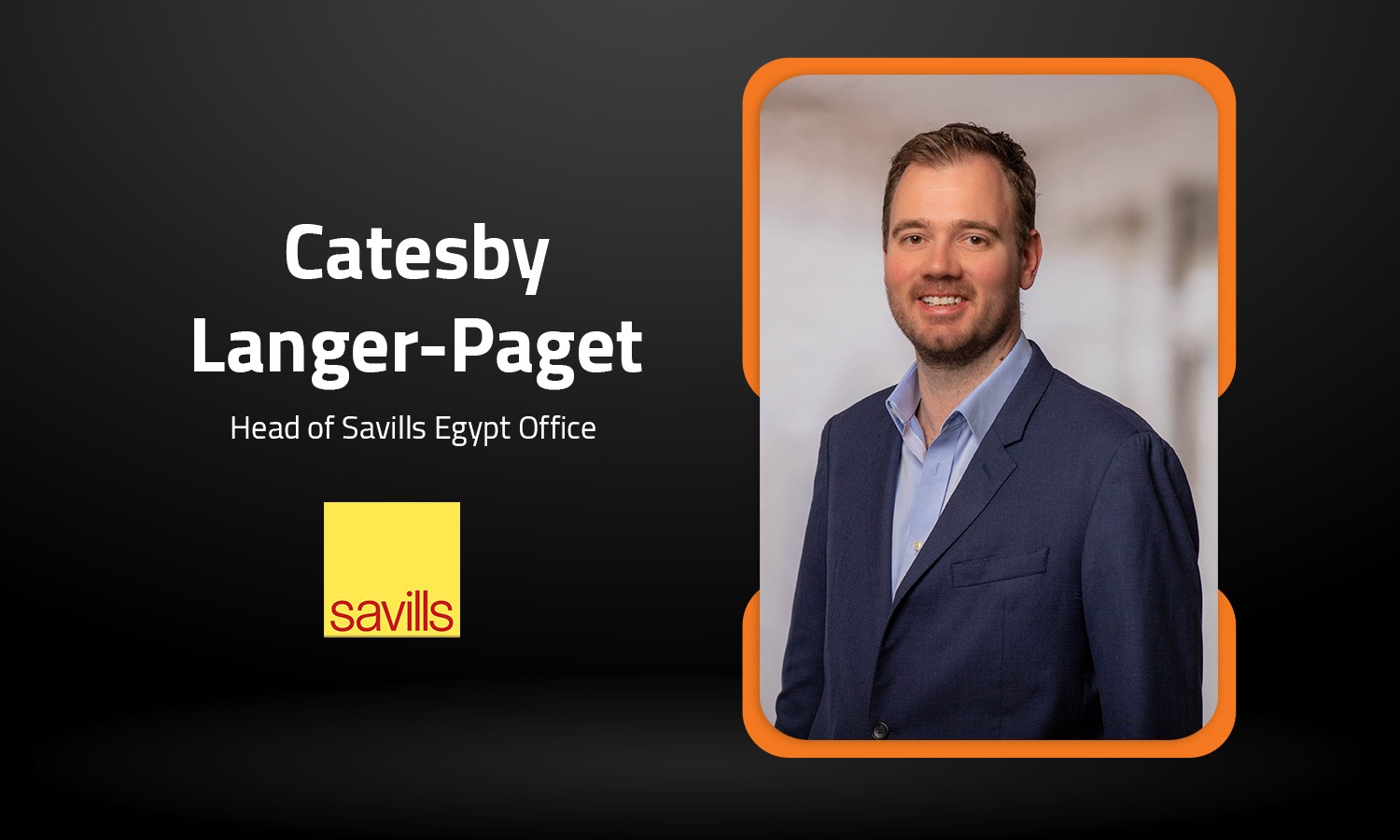FinTech Literacy: A Catalyst for Egypt’s Economic Growth
Updated 2/4/2025 8:00:00 AM
The rapid evolution of financial technology (FinTech) marks a pivotal moment for Egypt’s economy. As one of the largest markets in the MENA region, Egypt is well-positioned to leverage fintech’s potential and drive a competitive digital economy.
In recent years, initiatives by the Central Bank of Egypt (CBE) and other financial institutions have prioritized enhancing digital financial literacy among citizens. By expanding fintech literacy, Egypt can unlock the full potential of fintech solutions and provide tailored financial products to underserved populations.
Fintech Adoption in Egypt
Fintech literacy is growing in Egypt, attracting more companies and users. In 2023, Egypt had 177 fintech startups, with 139 solely specializing in fintech solutions and 38 offering complementary services, according to the CBE’s Fintech Perspective Report issued in July 2023.
In 2022, Egypt’s emerging fintech companies served approximately 100 million clients, including individuals and companies. Of these, 54.7 million, around 55% of the total, were active clients, as reported in the 2024 report, titled “Fintech Companies in Egypt: Towards Regional Leadership in the Fintech Sector," by the Cabinet's Information and Decision Support Center (IDSC).
In this regard, Mohamed Abbas, a senior business development manager at a fintech company, tells Arab Finance: “Fintech has significantly increased competition in recent years.”
“Many private and state companies and banks provide similar services with some different features, indicating a surge in demand for fintech due to recent technological development and changing consumer behavior,” Abbas says.
“Now, fintech has become easy and simple, even for individuals with limited knowledge of online payment processes, including the elderly and those with simple education,” he adds
Meanwhile, Rawheya Elsayed, a senior banker, highlights, “Fintech literacy differs among people based on customer category and branch location.
“Some branches, especially those serving highly educated clients, have successfully adopted digital banking services. Customers now can schedule visits online and arrive minutes before their appointment,” she notes.
“Yet, in certain areas, convincing customers to use online services or ATMs remains a challenge. Some still prefer face-to-face interactions with bank agents. Meanwhile, many bank services are available now via interactive voice response (IVR) systems,” Elsayed explains.
Enhancing Fintech Literacy
The integration of fintech aligns with Egypt Vision 2030, a national strategy aimed at creating a competitive digital economy. The CBE’s FinTech Strategy denotes fintech would help pave the way for a digital future and a prosperous economy.
In December 2019, this strategy outlined that every EGP 1 invested in fintech contributes EGP 1.6 to the country’s gross domestic product (GDP) and every job created in the sector supports 5.6 other jobs.
Improving fintech literacy requires strategic efforts. Abbas emphasizes, “Social media and websites should be used more to educate people about financial technology. While these platforms already promote fintech literacy, they may not always be the best way to maximize engagement and educate users.”
“Unfortunately, some individuals who still prefer traditional payment methods, unwelcoming of digital alternatives. This reluctance leads to wasted time and effort in financial transactions,” as per Abbas.
Banks are also integrating technology to simplify banking for both customers and employees. “Banks are now training their employees and providing them a solid understanding of fintech,” Elsayed explains.
“Banks are shifting towards fintech these days. For example, fully automated branches are being opened now with no staff. ATMs now offer a wide range of services, allowing customers to complete transactions independently without consulting any employee,” she points out.
Several banks and telecommunication companies have already introduced online chatbots to assist clients with any inquiries, Elsayed asserts.
However, Elsayed suggests that fintech adoption should be voluntary, believing, “People should not be forced to use technology or fintech, especially those who are not ready for it.”
To her, when people are ready, they visit banks for assistance concerning InstaPay, even if they do not fully understand how it works. She thinks advertisement is enough to educate people about Fintech, without the need for forced campaigns, especially those targeting hesitant customers.
Fintech companies are keen to expand fintech literacy. To Abbas, “Fintech companies adopt several strategies to educate customers and increase adoption of their services through awareness campaigns. Their efforts aim to facilitate payment processes, making it easier and faster for customers to pay electronically for any product or service.”
He further explains that without fintech, schools would handle large crowds of parents three times a year for paying tuition fee installments, which is time-consuming.
“Fintech and modern payment companies offer easy, safe, and fast remote payment options. This allows parents to pay installments without hassle, saving time and effort. School also benefit from this by reducing labor and congestion,” Abbas elaborates.
The Egyptian fintech landscape is growing rapidly, fueled by increasing digital literacy, government support, and a burgeoning startup ecosystem. This wave of innovation has the potential to revolutionize financial services and boost digital economy.
By Sarah Samir
Related News










